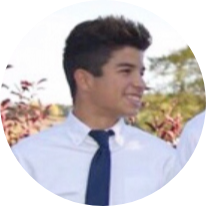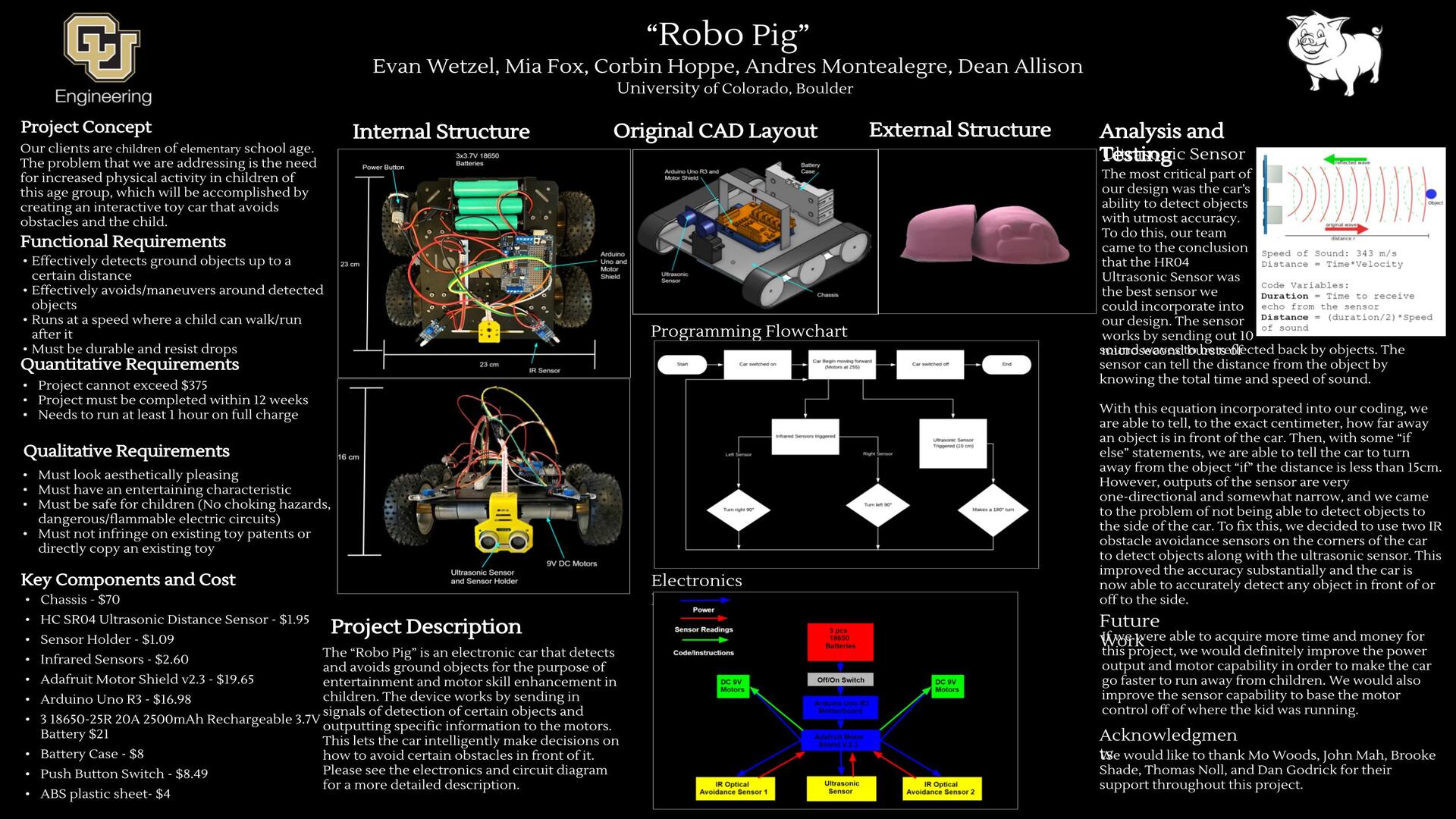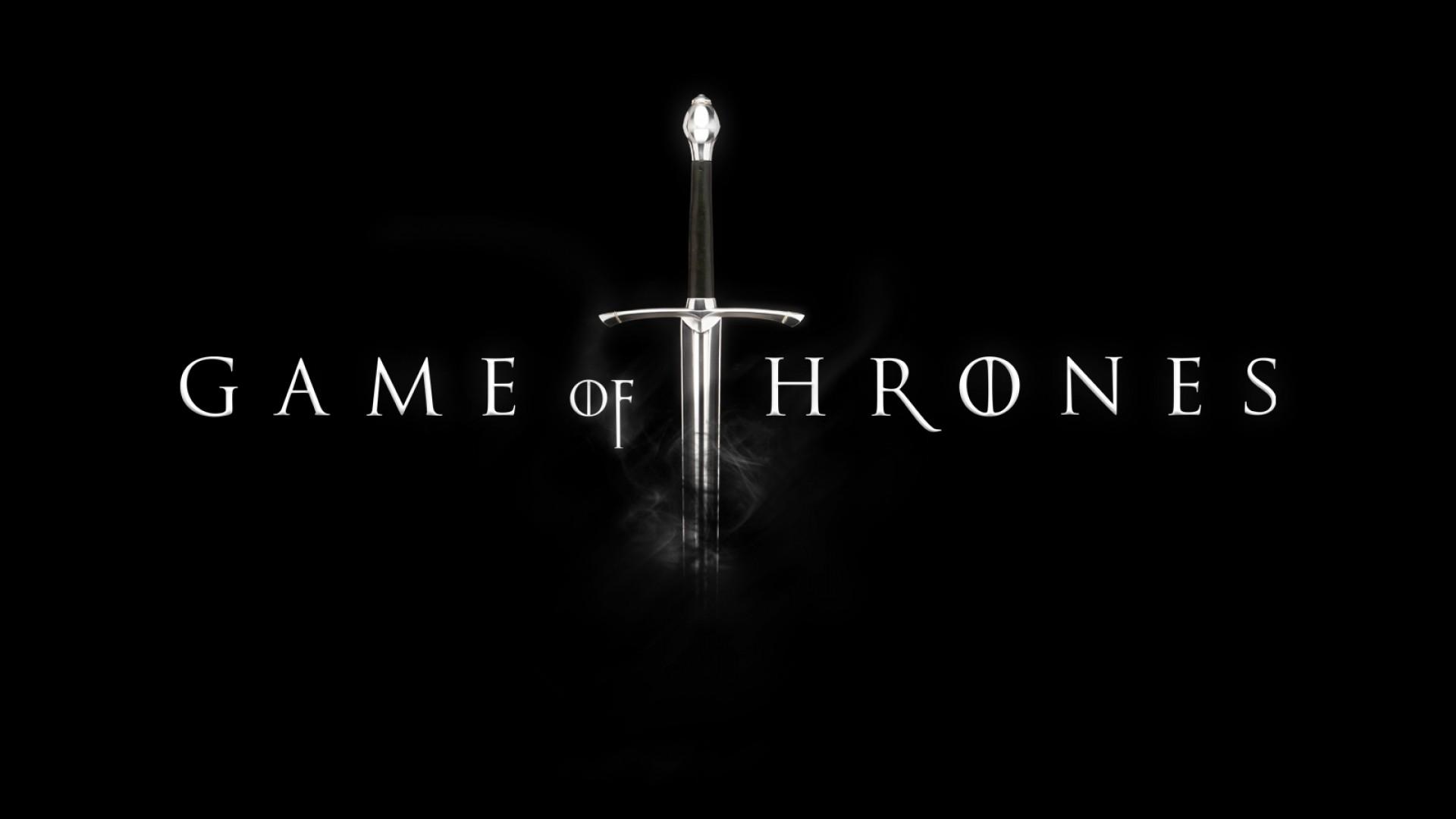

Welcome! My name is Andrés Montealegre, I am an incoming Software Engineering Intern at J.P. Morgan and current Software Engineer at NASA's Colorado Space Grant Consortium. Currently, I am expected to graduate in 2022 from the University of Colorado Boulder with studies in Computer Science, Applied Mathematics, and Global Engineering. Moreover, I am a part of several student groups including the University of Colorado Men's Soccer, Society of Hispanic Professional Engineers, Google Student Developer Club, and the LEEDS Investment and Trading Group. Each of these student groups reflect my passions for soccer, trading, and traveling.
This website, a personal project, has been created in order to display my projects throughout my undergraduate at the Univeristy of Colorado Boulder. Larger Projects are displayed higher in the projects tab, while smaller projects can be seen below. Each project has a thumbnail and description. If you wish to see the code, click the GitHub logo below the project. If you wish to see the project, click the thumbnail. Furthermore, feel free to contact me (email & phone below) using the contact details below!
Contact Details
mail: anmo4276@colorado.edu
tel: 303-916-0478
Education
University of Colorado Boulder, School of Engineering & Applied Science - Expected Graduation: May 2022
B.S. Computer Science, Minors in Applied Mathematics and Global Engineering
GPA: 3.66 Major GPA: 4.0
Student Affiliations: University of Colorado Men’s Soccer, Society of Hispanic Professional Engineers (SHPE), Google Student Developer Club, LEEDS Investment and Trading Group
Awards: Dean’s List, President James H. Baker Award, Goldshirt Scholar, 1st Place Engineering Projects Expo
University of New South Wales, School of Engineering (Sydney, Australia) - Dec. 2019 to July 2020
WAM: 87/100 (4.0 on GPA Scale)
Awards: Dean’s List, High Distinction Honor, Buffs Abroad Scholarship
Techncial Skills
Computer Languages: C++, C, Python, Scala, Prolog, Java, Node JS, MySQL
Courses: Data Structures, Computer Systems, Algorithms, Artificial Intelligence, Database Systems, Software Development and Tools, Principles of Programming Language, Robotics, Human Computer Interaction, Discrete Structures, Computing Ethics, Physics I & II, Calculus I,II,III, Differential Equations, Matrix Methods
Engineering skills: Microsoft Office Suite, 3D Printing (Repair & Use), Laser Cutting, Electrical Circuit Design, Saws and Drills, Calculus I, II, III, Differential Equations, Linear Algebra, Physics I and II
Fluent Languages: English & Spanish
Teaching Experience
Engineering Teaching Assistant: Teaching Assistant for GEEN1400 (Engineering Projects) whose purpose is to provide students an introduction to engineering through a series of small projects done in interdisciplinary teams. Students learn in a hands-on way valuable engineering skills including communication skills, how to function in teams, the basic steps in engineering design process, and a variety of computer tools as appropriate to their projects, such as spreadsheets, dynamic modeling software, or computer-aided design (CAD).
Engineering Tutor: Helped tutor numerous students in various subjects including Data Structures, Calculus, and Introduction to Computing. Tutoring topics included data abstractions (e.g., stacks, queues, lists, trees, graphs), representation techniques (e.g., linking, arrays), definite integrals, methods of integration, improper integrals, Taylor's theorem, and infinite series.

NASA Colorado Space Grant Consortium
Software Engineer (Aug. 2020 - Present)
Overview
Taking inspiration from NASA's Apollo Moon landings 50 years ago, the Great Lunar Expedition for Everyone (GLEE) will be a catalyst for a new generation of space missions and explorers. This scientific and technological mission to the Moon will deploy 500 LunaSats to the lunar surface to conduct local and distributed research by partnering with NASA’s 2023 Artemis Mission to the Moon. LunaSats are tiny spacecraft with an integrated sensor suite that will be programmed by teams of students, from every member country of the United Nations, to a mission of their own design. These teams will be mentored by GLEE program staff through the entire design, build, test, launch, and data gathering process.
Technical Applications
Working within an agile team setting, Software Engineers within GLEE lead the development of embedded software, analysis, and a library which enables students to write their own LunaSat scripts.
This includes LunaSat code documentation, verification and validation, and the development and testing of a delay-tolerant LoRA wireless network architecture. This also involves dynamically scaling sampling protocol with associated data relay, aggregation, and presentation. Furthermore, we implement software for a wide variety of sensors including Magnetometer, Accelerometer, Capacitive, Thermopile, and Radio Frequency Sensors that will be included in the final LunaSat Architecture.

History Through Battleship
Software Engineer (Aug. 2020 - Jan. 2021)
Overview
History Through Battleship is an educational web-game developed to test and refine students’ history skills. The application, which features both single player and local multiplayer, runs similarly to your typical battleship game. However, the game has a fresh educational twist that is meant to offer practical use. When launching a missile, a user must successfully answer a trivia question or risk losing their turn.
Technical Applications
Within the single player game mode, the user plays against an intelligent AI system that can launch missiles based on previous hits/misses. This competitive system can be a hard match for even the smartest history buff. The local multiplayer mode is played between two users on the same system. Once player 1 has placed his/her ships, they pass their turn to player 2 who will do the same. When both players’ ships have been placed, they can start the game. The users will then alternate turns by clicking the “End Turn” button at the bottom of the screen.
On the backend, History through Battleship utilizes a database to keep track of user’s usernames, passwords, and stats. This database is updated as new users register. Similarly, users stats are updated as trivia questions are answered correctly and incorrectly. Furthermore, History Through Battleship connects to the Trivia DB API and retrieves the trivia questions seen within the game. These questions could be changed to other subjects as well.

Robo Pig
Undergraduate Project
Overview
The “Robo Pig” is an electronic car that detects and avoids ground objects for the purpose of entertainment and motor skill enhancement in children. The device works by sending in signals of detection of certain objects and outputting specific information to the motors.

Hash implementation & Analysis
Undergraduate Project
Overview
Implemented and analyzed four search methods (BST, Cuckoo Hash, Chain Hash, and Linear Probing). Timed, tested, and recorded search methods over one thousand times each. Then organized data to understand which method was most optimized at a specific period.
